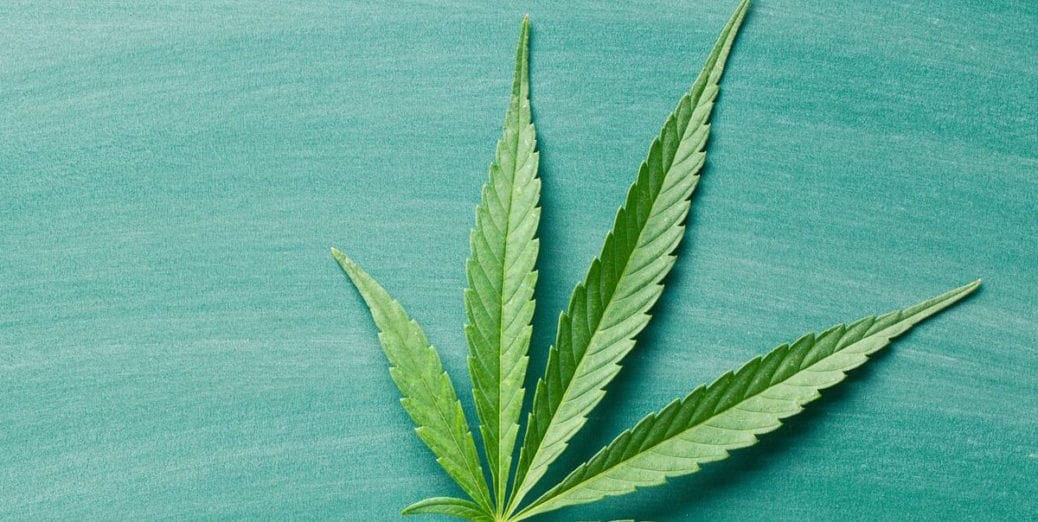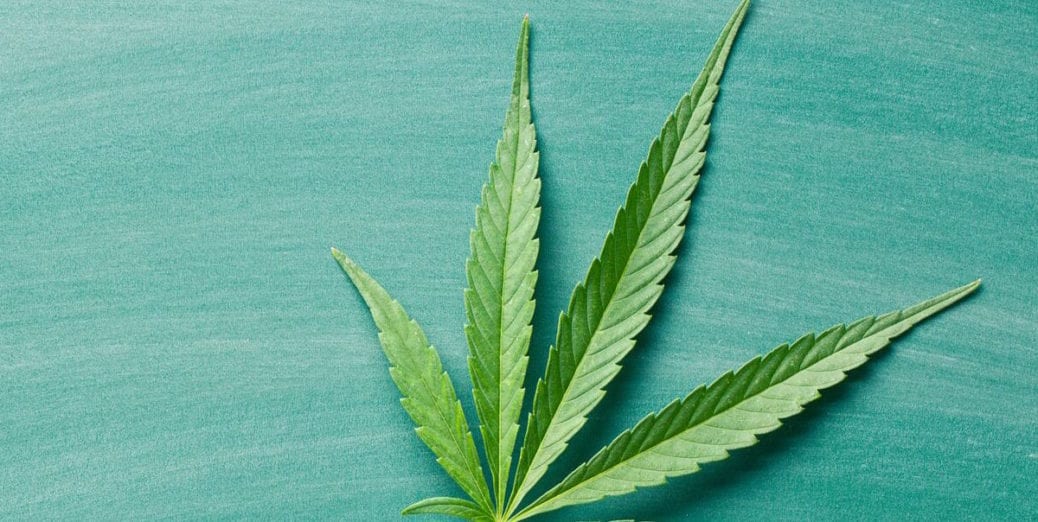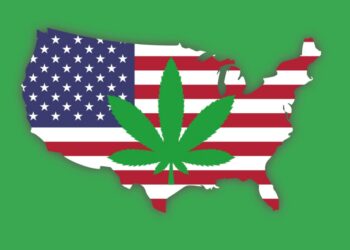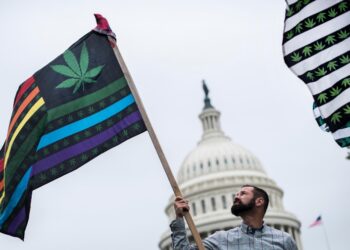
The United States’ newly elected Congress will have many major pieces of legislation to vote on when it takes office in January of 2019. One piece of legislation that has not been often covered by mainstream media is the Agriculture Improvement Act of 2018 or Farm Bill. Among other things, the Farm Bill allows Congress to allocate federal funds towards America’s agricultural needs. The last Farm Bill that was passed in 2014 runs until the end of 2018. Congress will now have the option of whether to extend or completely replace the 2014 Farm Bill. One possible piece of a new Farm Bill that many are interested in is language that would lift the federal government’s ban on industrial hemp.
Legal Hemp a Real Possibility
According to the Hill, when discussing the Farm Bill, Republican Senate leader Mitch McConnell said “If there’s a Farm Bill, it’ll be in there. I guarantee that… I don’t want to overstate this – I don’t know if it’s going to be the next tobacco or not – but I do think it has a lot of potential. And as all of you already know, in terms of food and medicine but also car parts. I mean, it’s an extraordinary plant.”
While he mentions the possibility of lifting the industrial hemp ban in a new Farm Bill, it is unclear what fate this proposal would meet if the existing Farm Bill were to be extended. Either way, McConnell’s favorable language about hemp is intriguing but not completely surprising. Support for different levels of cannabis legalization among Republicans is higher than it has ever been and even some elected Republicans have pledged their support for legalization of hemp, medical cannabis, or recreational cannabis.
Overturning the federal industrial hemp ban would generate massive economic gains for farmers. Hemp is a multi-use fiber that is much stronger than most other natural fibers and can be used in everything from protein powder to clothing. Hemp-derived CBD products alone are estimated to reach nearly $700 million by 2022. Allowing farmers to grow large quantities of fibrous hemp will drastically increase federal tax dollars and likely create a large number of new job opportunities.
More Government Action on Cannabis Expected
The number of states where cannabis has been legalized is increasing with each United States election. With Michigan legalizing recreational cannabis use and two other states legalizing medicinal use during the 2018 midterm elections, the federal government will soon be forced to act on more than just the industrial hemp ban. No longer can Congress sit idly by and allow states to legalize cannabis without federal influence. Creating a more clear and robust federal cannabis policy will make the state legalization and regulation process smoother.












